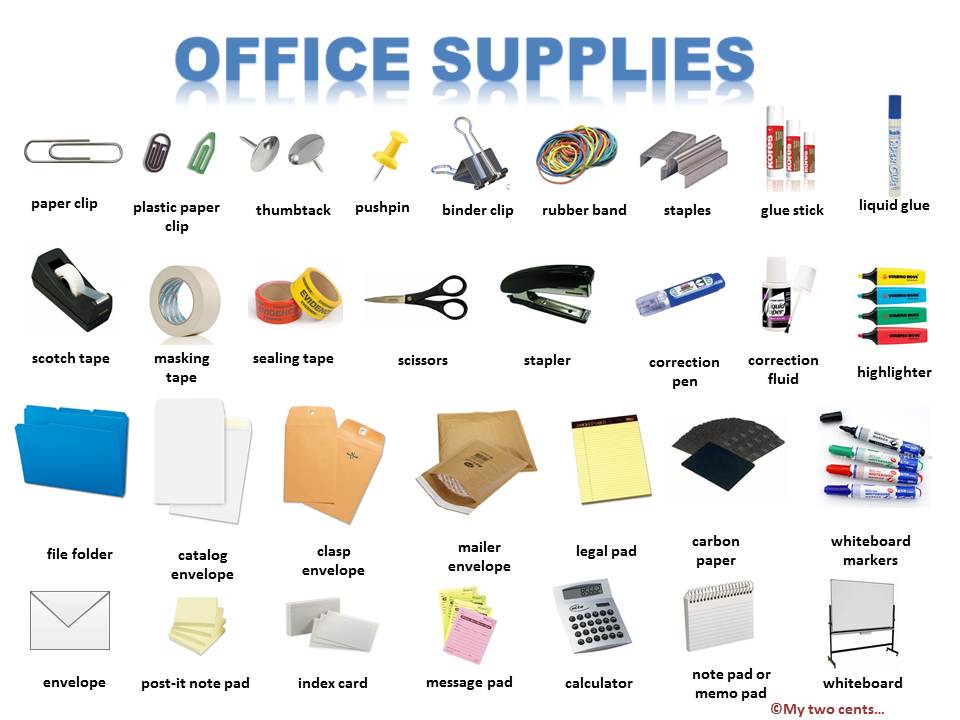 A suffix goes at the end of a word. A prefix goes at the beginning
A suffix goes at the end of a word. A prefix goes at the beginning
A suffix is a group of letters placed at the end of a word to make a new word. A suffix can make a new word in one of two ways:
- inflectional (grammatical): for example, changing singular to plural (dog > dogs), or changing present tense to past tense (walk > walked). In this case, the basic meaning of the word does not change.
- derivational (the new word has a new meaning, "derived" from the original word): for example, teach > teacher or care > careful
Inflectional suffixes
Inflectional suffixes do not change the meaning of the original word. So in "Every day I walk to school" and "Yesterday I walked to school", the words walk and walked have the same basic meaning. In "I have one car" and "I have two cars", the basic meaning of the words car and cars is exactly the same. In these cases, the suffix is added simply for grammatical "correctness".
Look at these examples:
| suffix | grammatical change | example
original word | example
suffixed word |
| -s | plural | dog | dogs |
| -en | plural (irregular) | ox | oxen |
| -s | 3rd person singular present | like | he likes |
| -ed | past tense
past participle | work | he worked
he has worked |
| -en | past participle (irregular) | eat | he has eaten |
| -ing | continuous/progressive | sleep | he is sleeping |
| -er | comparative | big | bigger |
| -est | superlative | big | the biggest |
Derivational suffixes
With derivational suffixes, the new word has a new meaning, and is usually a different part of speech. But the new meaning is related to the old meaning - it is "derived" from the old meaning.
We can add more than one suffix, as in this example:
derive (verb) + tion = derivation (noun) + al = derivational (adjective)
There are several hundred derivational suffixes. Here are some of the more common ones:
| suffix | making | example
original word | example
suffixed word |
| -ation | nouns | explore
hesitate | exploration
hesitation |
| -sion | persuade
divide | persuasion
division |
| -er | teach | teacher |
| -cian | music | musician |
| -ess | god | goddess |
| -ness | sad | sadness |
| -al | arrive | arrival |
| -ary | diction | dictionary |
| -ment | treat | treatment |
| -y | jealous
victor | jealousy
victory |
| -al | adjectives | accident | accidental |
| -ary | imagine | imaginary |
| -able | tax | taxable |
| -ly | brother | brotherly |
| -y | ease | easy |
| -ful | sorrow
forget | sorrowful
forgetful |
| -ly | adverbs | helpful | helpfully |
| -ize | verbs | terror
private | terrorize
privatize |
| -ate | hyphen | hyphenate |
Note that the suffix -er can convert almost any verb into the person or thing performing the action of the verb. For example: a teacher is a person who teaches, a lover loves, a killer kills, an observer observes, a walker walks, a runner runs; a sprinkler is a thing that sprinkles, a copier copies, a shredder shreds.


















